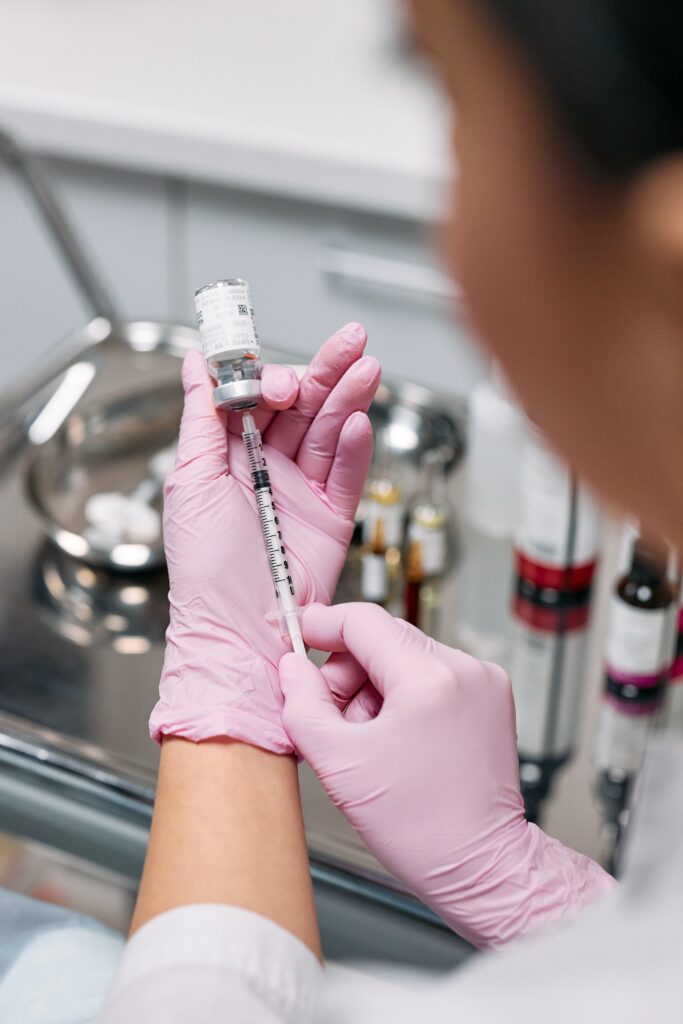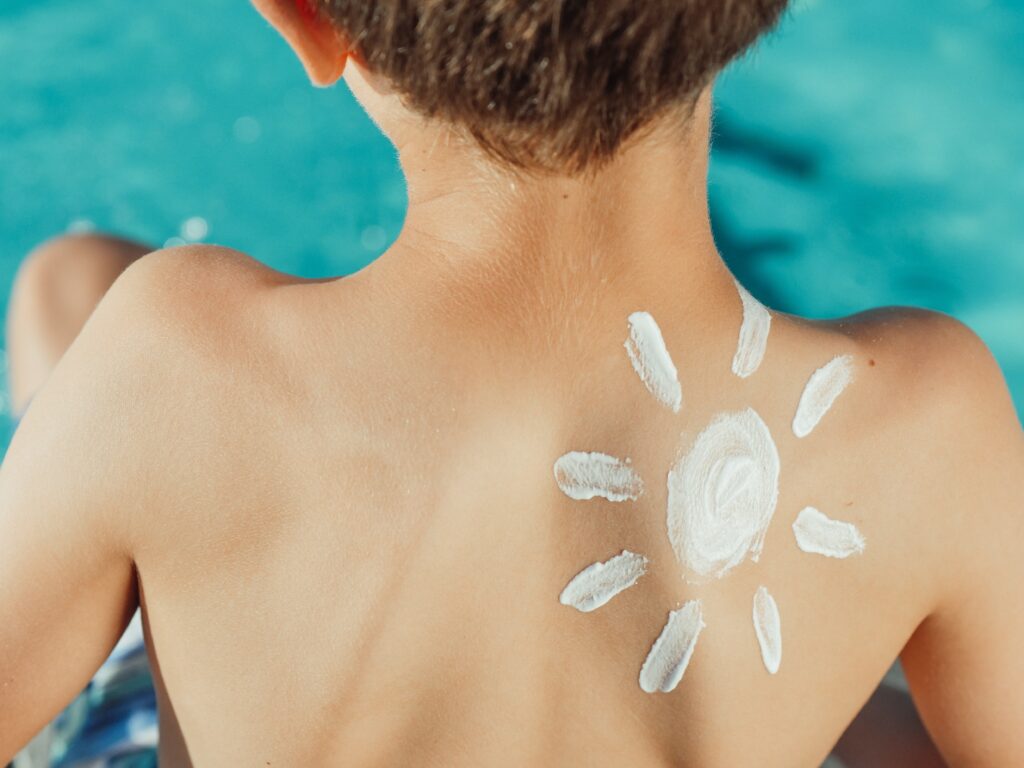DRUG APPROVED FOR INOPERABLE MELANOMA
By Robert S. Bader, M.D., Dermatologist |
Keytruda (pembrolizumab) was finally approved for the treatment of inoperable malignant melanoma. Testing was never completed as it performed so well in the early clinical trials.
NEW MELANOMA DRUG LOOKS PROMISING FOR STAGE III AND IV MELANOMA PATIENTS
By Robert S. Bader, M.D., Dermatologist |
51% Of Patients Benefited In Phase II Trial. Forbes (10/30, Fortonbury) reports that in a study published in Annals of Surgical Oncology, a new cancer drug, PV-10, 51% of stage III and IV melanoma patients benefited during a phase II trial, and achieved total cancer disappearance in 26%. In addition, the response tended to be both…
TWO NEW TREATMENTS FOR ADVANCED MELANOMA APPROVED BY FDA
By Robert S. Bader, M.D., Dermatologist |
On Wednesday the US Food and Drug Administration announced that it has approved two new oral medications for the treatment of metastatic or advanced melanoma that is non-operable–Tafinlar and Mekinist–both of which are marketed by GlaxoSmithKline. Both drugs are to be used as a mono-therapy–not combined with other treatments. Still the best treatment for melanoma…
NON-MELANOMA SKIN CANCER PATIENTS ARE AT HIGHER RISK FOR OTHER CANCERS
By Robert S. Bader, M.D., Dermatologist |
Time reports in “Healthland” that those whom have had non-melanoma skin cancer, such as basal cell carcinoma and squamous cell carcinoma, are at increased risk of developing breast cancer, lung cancer, and melanoma.
MELANOMA IN CHILDREN IS ON THE RISE
By Robert S. Bader, M.D., Dermatologist |
While rare, a recent study published in Pediatrics has shown an increase in the incidence of malignant melanoma in children. In the United States, 400 to 500 cases of melanoma are diagnosed each year, but as with the adult population, these numbers have been slowly increasing over the past several decades.
FISH OILS MAY HELP PROTECT AGAINST SKIN CANCER
By Robert S. Bader, M.D., Dermatologist |
In a study published in the American Journal of Clinical Nutrition, taking omega-3 oils helped patients ward off the harmful effects of sunshine. This study suggests that taking omega-3 fish oils may have a protective effect against the development of skin cancer, although further studies are needed.
TANNING BEDS MAY BE MORE DANGEROUS THAN YOU THINK
By Robert S. Bader, M.D., Dermatologist |
A British study has shown that the risk of skin cancer from tanning beds is more than double that of spending the same time in midday Mediterranean sun. The study found that the average strength of the tanning beds was approaching more than twice the recommended limit of ultraviolet radiation.
CAN YOUR PHONE REALLY DIAGNOSE MELANOMA? NOT SO FAST!
By Robert S. Bader, M.D., Dermatologist |
According to an study published in JAMA Dermatology which evaluated 4 smartphone applications that analyze photographs to identify malignant melanoma, the apps were able to make the diagnosis of malignant melanoma between 6.8% to 98.1% of the time. The app that was found to be most effective sends the photographs to a Dermatologist for evaluation. What is important…
CHILDREN USE MORE SUNSCREEN WHEN DISPENSED FROM A PUMP
By Robert S. Bader, M.D., Dermatologist |
A study published in the Archives of Dermatology found that children use the most sunscreen when dispensed from a pump, when compared with squeeze bottles and roll-on dispensers. Despite this finding, kids used half of the recommended amount even with the pump-dispenser.
SENTINEL LYMPH NODE BIOPSY (SLNB) MAY NOT BE INDICATED FOR MOST MELANOMAS <1MM THICK
By Robert S. Bader, M.D., Dermatologist |
New guideline issued jointly by the American Society of Clinical Oncology (ASCO) and the Society of Surgical Oncology (SOS), and published online July 9 in the Journal of Clinical Oncology do not recommend SLNB for tumors that are less than 1mm thick, unless there is ulceration present or rapidly diving cancer cells present. The study reported that there is insufficient…










